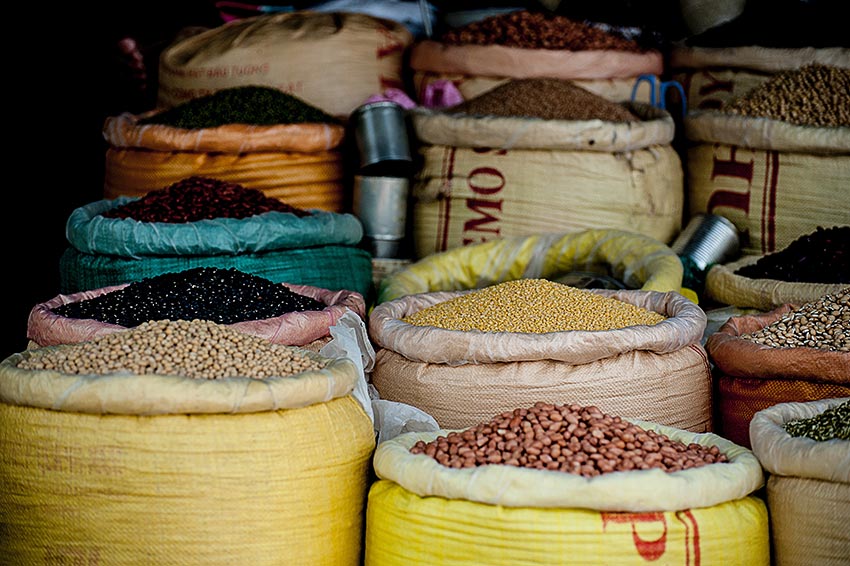
WUN’s Legume Network is building a global reputation for research excellence – paving the way for pulses to be embraced as crucial allies in the fight against climate change, hunger, obesity and other threats to world health.
In 2018, the network was awarded a sustainability grant from WUN to bolster its efforts to secure large-scale, transnational funding to establish a centre of excellence and associated nodes of research.
“Large-scale funding will ensure we tackle major challenges in legume biology as a unified world-leading academic community of excellence, driving WUN bioscience forward in this key area,” says PI Associate Professor Michael Considine (UWA).
WUN’s Legumes Network comprises dozens of leading scientists across 12 institutions from five continents. Since its launch in 2015, the number of papers published relating to legumes and climate change has tripled from under 20 to more than 60 per annum – many connected directly to the network.
The impact has been significant, with the network creating international awareness of legume research through pivotal publications. An article on Neglecting legumes published in Nature Plants (2016) has been widely cited by international agriculture communities and news networks.
The network has also made an impact in the area of genomics with the publication of a wild type of soybean genome(Nature Communications, 2019) and in the area of crop and land-use modelling – as illustrated in its paper Modelling predicts that soybean is poised to dominate crop production across Africa (Plant, Cell & Environment, 2019).
Other highlights include a special issue of the Journal of Experimental Botany (2017), which featured Nature’s pulse power: legumes, food security and climate change, and two volumes of Plant, Cell & Environment (2018, 2019), comprising six review papers and 40 original research papers, all open access (freely available worldwide), of which about a quarter were contributed from WUN member universities.
“We’re excited to have established an interactive cross-disciplinary forum, which is enabling us to drive both science and the perception of science forward,” says Dr Considine.
“Our publications demonstrate a groundswell of urgency in RD&E that is truly exciting, because it has brought together expansive networks of researchers and practitioners engaged in economic, cultural, nutritional-health and environmental progress.
“Collectively these outputs have established grain legumes as the number one agricultural R&D priority to meet global nutritional demands.
“A key goal is to break through the barriers to sustainable legume production globally: to spur the significant expansion of legume crops to ensure agriculture meets the world’s future nutritional demands and that it does so through sustainable farming systems.”
The network’s priority now is to establish large-scale international funding for research on developing higher yielding, more resilient varieties for Sub-Saharan Africa.
Challenges include cultural changes and, in many cases, require intervention by political agents to overcome economic and infrastructure barriers.
“We have to convince governments to turn away from heavily subsidised, protein-poor cereals and to aggressively pursue legume production as a critical means to reducing harmful emissions from agriculture and feeding a growing global population.”
____
Legumes 2030: funding the path to sustainable nutrition team members include:
https://research-repository.uwa.edu.au/en/persons/kadambot-siddique https://www.plants.leeds.ac.uk/people/groups_foy.php https://www.icrisat.org/team/rajeev-k-varshney/
https://stockbridge.cns.umass.edu/om-parkash-dhankher
https://www.sls.cuhk.edu.hk/index.php/faculty-and-staff/teaching-staff/26-sls/faculty-and- staff/teaching-staff/57-professor-lam-hon-ming